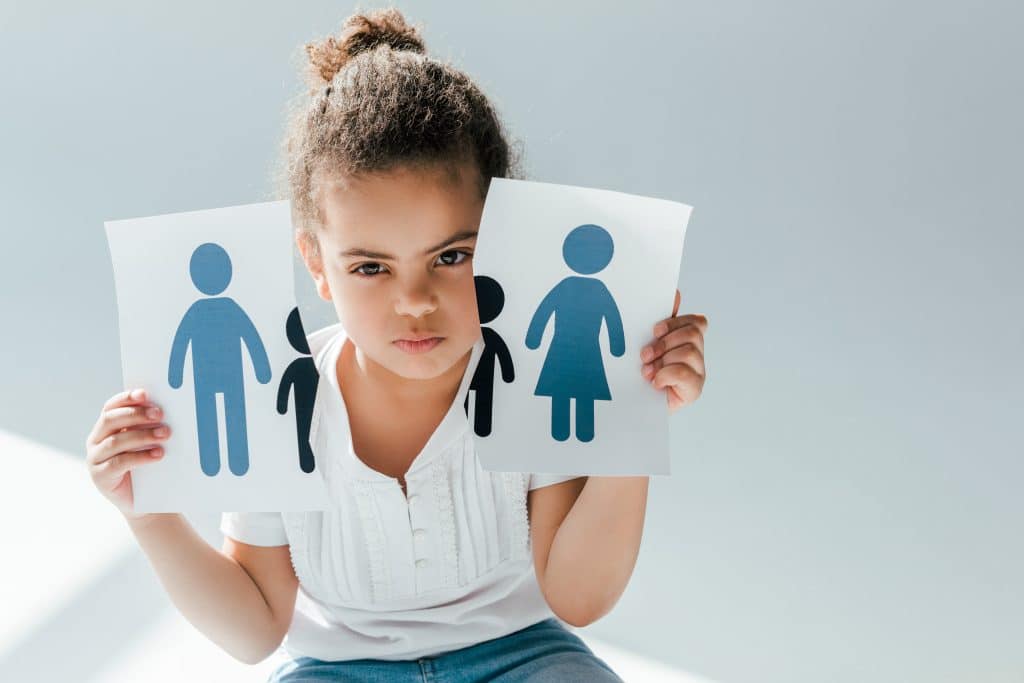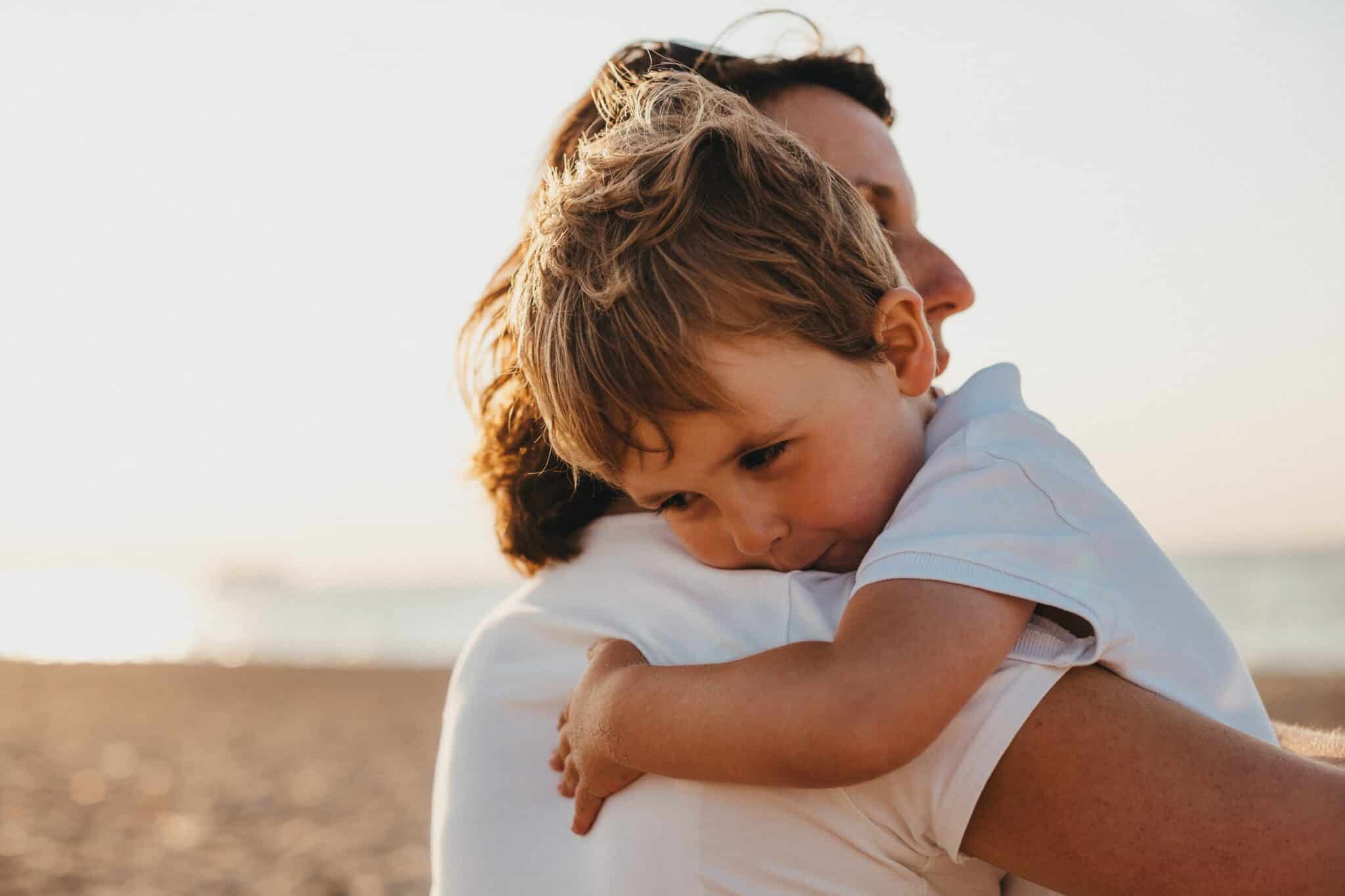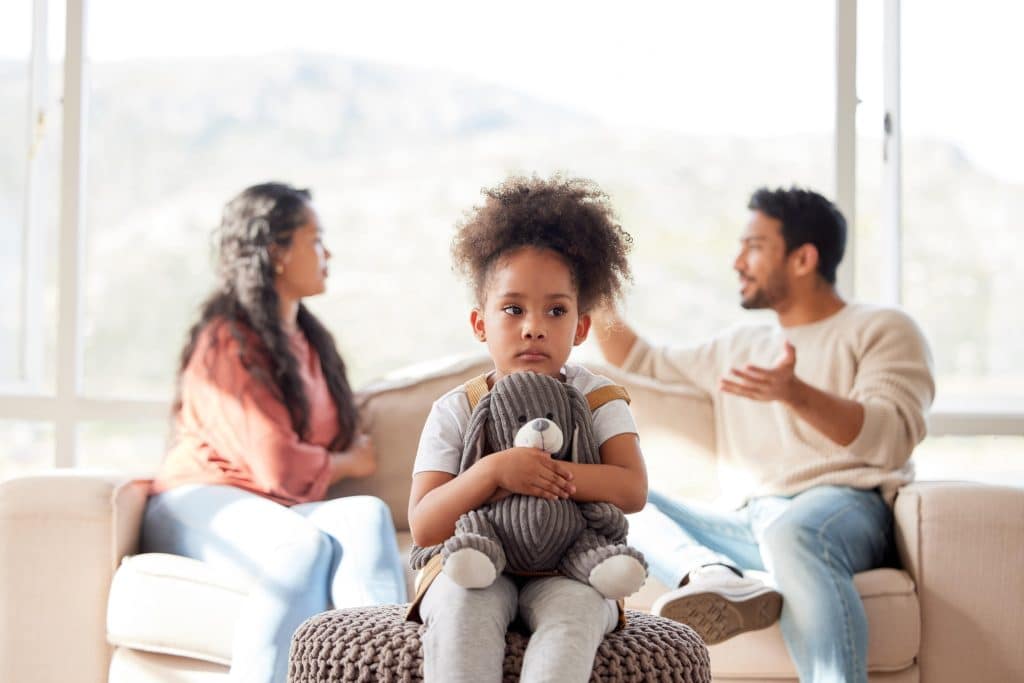
Child Custody Solicitors for Chester
Searching for an understanding and professional child custody solicitors in Chester? At Freeman Jones Solicitors, we’ve built an expert team of family law solicitors that can help you to reach the best child arrangement resolution for your family.
We understand that when couples separate, some child arrangement issues can arise that can be difficult to navigate without professional support. These child custody issues often revolve around where the children should live and how much time they will spend with each parent.
Our child arrangement solicitors in Chester will work with you to help you amicably resolve these parental responsibility issues, helping your family to move forward in a positive way.
Regardless of whether you’re looking for more contact with your child or to change their primary residence, our experienced child custody solicitors can help you to resolve a wide range of legal issues – all with your children’s best interest at heart. We can help with issues regarding:
- Parental responsibility
- Child Residence Orders
- Child Contact Orders
- Court proceedings
What is a Child Residence Order?
What is a Child Residence Order?
Child Residence Orders (formally known as Custody) determine where and with which parent a child will live, normally until the child reaches the age of 16.
If appropriate and in the child’s best interest, it is also possible for a child to spend time living with both parents (a shared Residence Order).
As a child’s primary carer with the Residence Order in your favour, you will usually decide the day-to-day issues of the child’s life. It should be noted, however, that you cannot change their name or take them out of the country for more than one month.
Our experienced child custody solicitors in Chester will help guide you through the many things that are important to consider when applying for a Residence Order.
What is a Child Arrangements Order?
A Child Arrangements Order simply outlines where your child will live alongside how and when they will have contact with each parent.
At Freeman Jones Solicitors, we understand that agreeing upon child contact arrangements can be upsetting at a time when emotions are running high.
That’s why our experienced child arrangement solicitors in Chester can help you negotiate to find the best solution for your child’s needs, hopefully agreeing matters amicably to reduce stress and the cost of court proceedings.
Residence and contact arrangements for the children to visit or stay with a person they don’t live with, previously known as ‘access’ arrangements can also be considered.
If court proceedings do prove necessary, our children family lawyers are here to help you through the process and ensure that you and your child’s interests are protected.

What is a Child Arrangements Order?
A Child Arrangements Order simply outlines where your child will live alongside how and when they will have contact with each parent.
At Freeman Jones Solicitors, we understand that agreeing upon child contact arrangements can be upsetting at a time when emotions are running high.
That’s why our experienced child arrangement solicitors in Chester can help you negotiate to find the best solution for your child’s needs, hopefully agreeing matters amicably to reduce stress and the cost of court proceedings.
Residence and contact arrangements for the children to visit or stay with a person they don’t live with, previously known as ‘access’ arrangements can also be considered.
If court proceedings do prove necessary, our children family lawyers are here to help you through the process and ensure that you and your child’s interests are protected.

Establishing parental responsibility in child custody
Parental responsibility gives you a recognised legal status to make decisions about the child’s life. When a child is born to married parents, both parents automatically have parental responsibility for the child.
If a child is born to unmarried parents, then only the mother automatically receives parental responsibility. However, for children born after 1st December 2003, then the unmarried father will gain parental responsibility if he is registered and named on the child’s birth certificate.
While an unmarried father does not automatically have parental responsibility, he can still obtain parental responsibility either by entering into a Parental Responsibility Agreement with the mother or by obtaining a Parental Responsibility Order through the Court.
The giving of parental responsibility to an unmarried father does not, however, mean that he has the right to interfere in the day-to-day upbringing of children who live with their mother.
Some common Parental Responsibility issues include decisions about the child’s:
- Religion
- Education
- Name
- Medical treatment including the refusal of treatment
- Ability to leave England and Wales on holiday
Our child arrangement solicitors in Chester can support you with all aspects of family law, but specialise in child custody, orders, and arrangements. To find out more about how we can help, please don’t hesitate to call us today.

Book Your Free, No-Obligation 20-Minute Consultation Today!
"*" indicates required fields


